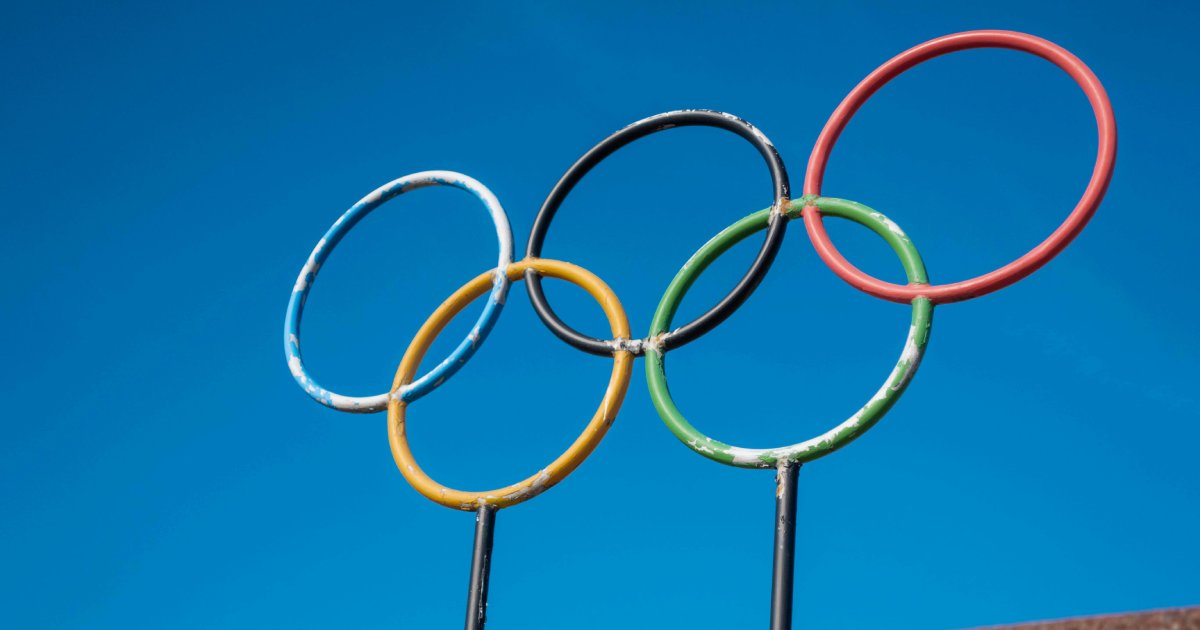Brands Go for Gold at The Olympics

By Mark Seavy
Broadcast coverage of this summer’s Olympic Games is getting a major assist not only from the athletes themselves, but also from the best of the best in pop culture. As a result, marketing and licensing efforts are landing on the top of the podium.
NBCUniversal’s broadcast strategy during the 2024 Olympics in Paris—live events are available to stream via its Peacock platform—is aimed at attracting viewers as interested in entertainment and personality profiles as record-breaking times, gold medals, and final scores.
Long before NBCUniversal secured the broadcast rights for the Olympics in 1988, standards around reporting the event had been well established—news anchors updated viewers at home on the results as they became available. Now, however, it’s more likely that celebrities and influencers are on site to share news from the event.
Alexandra Cooper, famous for her Call Her Daddy podcast featuring celebrity interviews and advice, is hosting a series of watch parties at this year’s Olympics, for example. Celebrities like Peyton Manning, Kelly Clarkson, Jimmy Fallon, and Mike Tirico are also at the Games in official capacities. And that’s in addition to Snoop Dogg serving as a special correspondent for NBC, interacting with Team USA athletes and providing commentary on the event.
“This kind of celebrity wouldn’t [have] been part of the NBC Olympics coverage of the past,” Rick Cordella, president of NBC Sports, told Variety. “We’ve got to be innovating, trying things differently, trying to match where the media world is in 2024.”
That began with an opening night ceremony on July 26th that featured 10,000 athletes floating in boats down a 3.7-mile route on the River Seine, drawing 28.6 million viewers. There were also thousands of fans along the Paris shoreline, a marked departure from the 2020 Olympics, which occurred in 2021 due to the pandemic and played out before empty arenas and stadiums.
The opening night event has been followed by Snoop Dogg’s man-on-the-street interviews—during which he sports fresh new sets of Skechers x Snoop Dogg footwear designed for the Games. The five-piece collection features footwear emblazoned with Snoop Dogg’s “I only compete with myself” mantra and featuring medal-themed gold, silver, and bronze elements. Additionally, game-day uniforms for American beach volleyball players Andy Benesh and Miles Partain include Skechers’ branded hats, tank tops, and shorts as an homage to the athletes’ and corporation’s California roots. But Skechers isn’t the only brand focused on the marketing and licensing opportunities at the event.
The International Olympic Committee has set a goal of making the Games, which run through August 11, a year-round merchandising phenomenon rather than a spectacle that takes place once every four years. Fashion brands, in particular, are looking to score big with the Games. And while some fashion brands have long been associated with the Olympics, others are expanding their efforts this year in a significant way.
Ralph Lauren is the official outfitter for Team USA, for example, while retailer PacSun launched a Team USA dual-gender activewear line that includes everything from cross body bags ($21) and mini skorts ($22) to a varsity jacket ($128). The range built upon PacSun’s 2021 Olympics-inspired collection.
For Adidas, the Games mean spreading its brand across 41 sports and 49 different shoe styles while also opening a new flagship store in Paris. The impact of the Olympics for brands was underscored by Nike CEO John Donahoe, who deemed it a “pinnacle event” for the footwear giant.
“It’s all about cutting through the clutter to create energy for the Nike brand,” Donahoe said. “We’re back to creating impactful storytelling and, ultimately, brand distinction in sport.”




